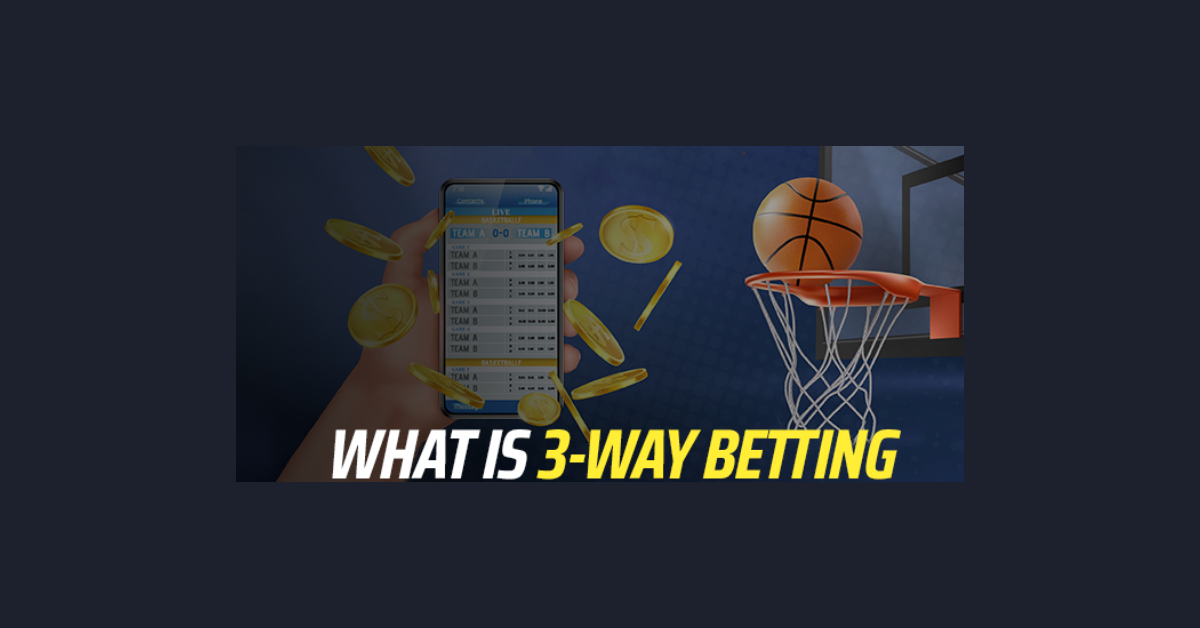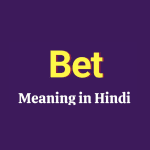Explanation of 3 Way Betting
In sports betting, 3-way betting is a popular option where bettors can choose from three possible outcomes of an event. Typically used in sports like soccer, hockey, and rugby, the three outcomes include a win for one team, a win for the other team, or a draw. This type of betting adds an extra layer of excitement and strategy for punters seeking more diverse wagering options.
The simplicity of 3-way betting lies in its straightforward nature – instead of just predicting a winner, bettors have the opportunity to select different possible results of a match. This can lead to higher odds and potentially greater payouts for those willing to take a chance on outcomes beyond just win or lose scenarios. By offering more possibilities, 3-way betting caters to a broader range of preferences and strategies among sports bettors.
Types of 3 Way Bets
When it comes to 3 way bets, there are predominantly three types that are commonly offered by bookmakers: the traditional 1X2 market, the double chance market, and the draw no bet market. The traditional 1X2 market allows bettors to wager on the home team to win (1), the away team to win (2), or the match to end in a draw (X). The double chance market provides more flexibility by combining two possible outcomes into a single bet, such as betting on either the home team to win or the match to end in a draw (1X), or the away team to win or the match to end in a draw (2X).
Another popular type of 3 way bet is the draw no bet market, where punters can bet on either the home or away team to win, and in the event of a draw, the stake is refunded. This provides a bit of insurance for bettors who are unsure about the match outcome but want to eliminate the possibility of losing their stake in case of a draw. Each type of 3 way bet offers its own set of advantages and considerations, depending on the bettor’s risk tolerance and betting strategy.
How 3 Way Betting Works
3 Way betting involves wagering on the outcome of a sports event with three possible results: Team A winning, Team B winning, or a draw. In simpler terms, it is like predicting the final result of a match, taking into account the possibility of a tie. This type of bet is commonly found in sports like soccer, hockey, and basketball, where a draw is a feasible outcome.
When placing a 3 Way bet, punters must carefully consider the strengths and weaknesses of each team or player involved in the event. Understanding the odds offered by the bookmaker is crucial in determining the potential payout and assessing the likelihood of each outcome. It requires a strategic approach and a good understanding of the sport to make informed decisions while placing bets in 3 Way betting scenarios.
Advantages of 3 Way Betting
One of the benefits of 3 way betting is the increased probability of winning. With three possible outcomes to choose from, punters have a higher chance of accurately predicting the result compared to traditional two-way betting options. This can provide a sense of excitement and engagement when placing bets on sports or other events.
Additionally, 3 way betting allows for more strategic wagering opportunities. By analyzing factors such as team form, player performance, and external variables, bettors can make more informed decisions when selecting their bets. This strategic aspect of 3 way betting can appeal to those who enjoy using their knowledge and skills to potentially secure a successful outcome.
Disadvantages of 3 Way Betting
One potential downside of 3 way betting is the increased level of unpredictability compared to simpler bet types. With three possible outcomes instead of just two, it can be more challenging to accurately predict the winning result. This added complexity may deter some bettors who prefer a more straightforward approach to their wagers.
Another disadvantage of 3 way betting is that it often comes with lower odds, particularly when compared to traditional two-way betting options. This can result in potentially lower payouts for successful bets, making it less appealing to those seeking higher returns on their investments. As such, individuals may opt for alternative betting types that offer more lucrative odds and potential winnings.















